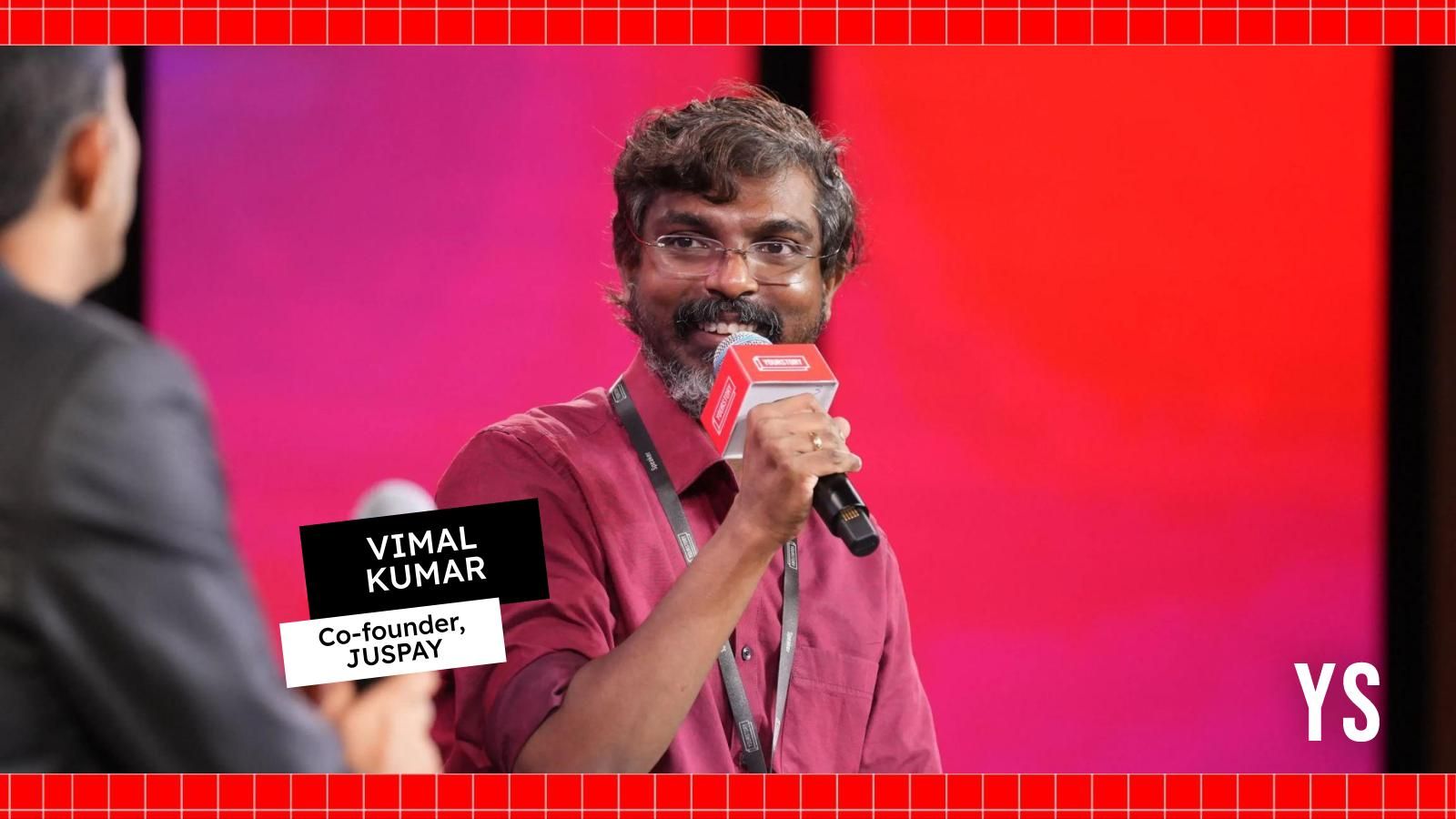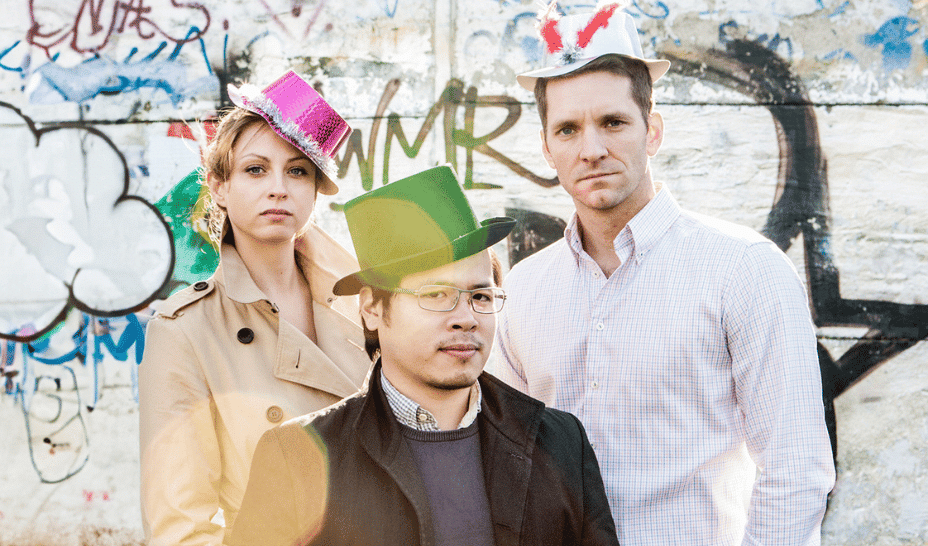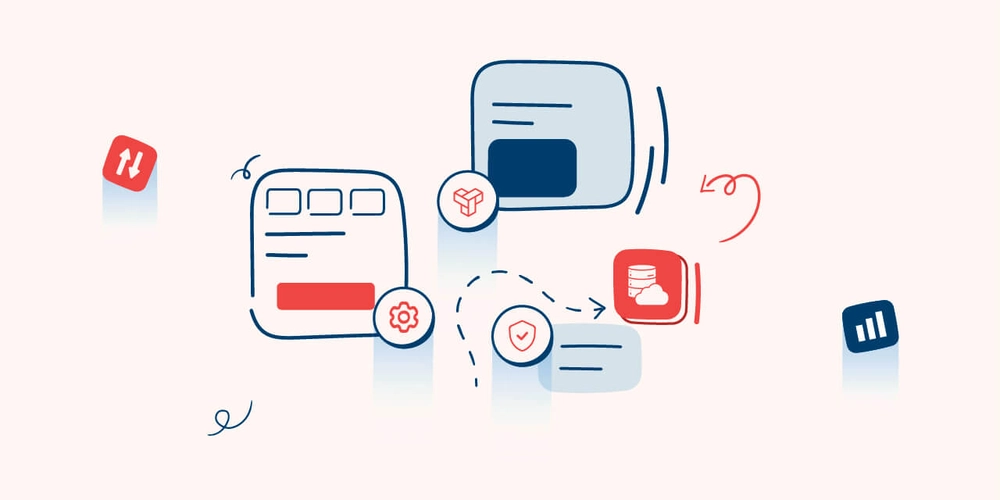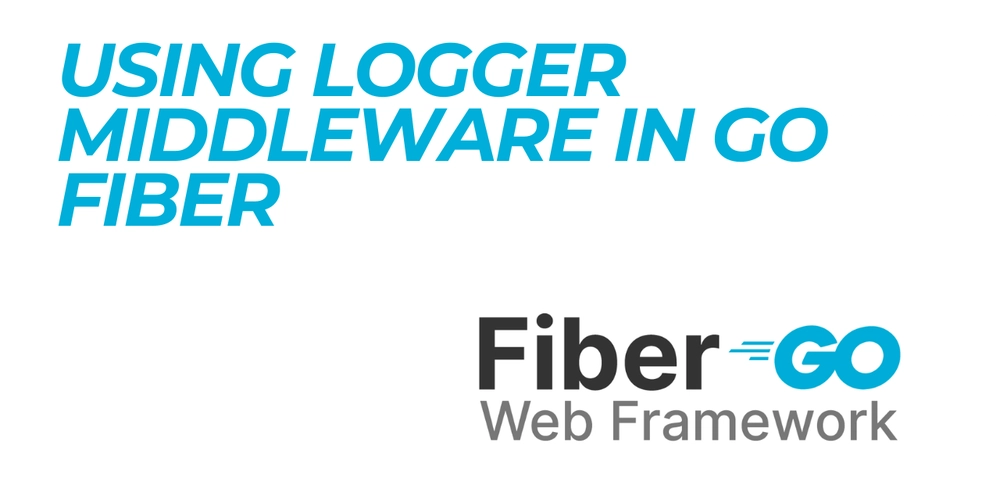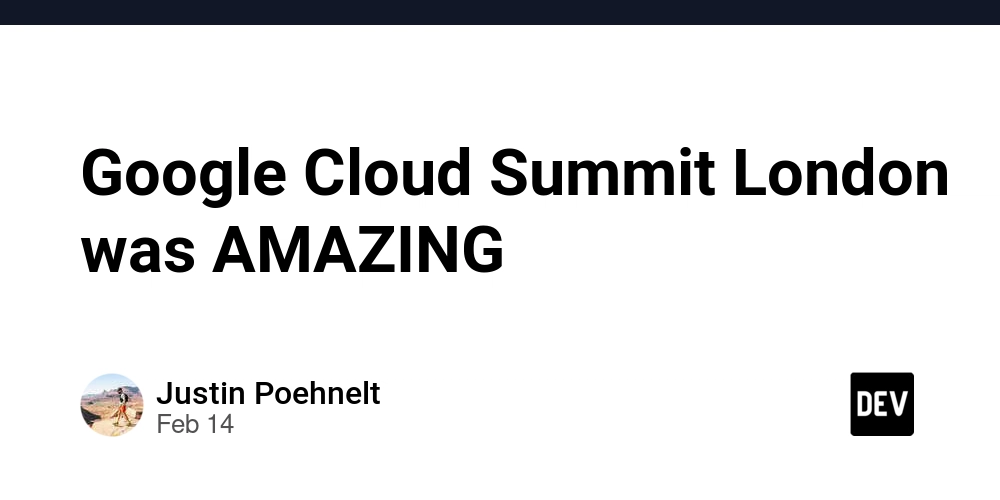From Pointers to Polymorphism: Deep Dive into C++ Interview Questions
If you’re preparing for a technical interview that involves C++, you’re probably already aware that it’s not just about syntax or writing programs. Interviews for C++ roles often dive into deeper concepts—things like memory management, object-oriented principles, and the nuanced behavior of the language itself. This blog explores the most important C++ language interview questions and breaks down the core concepts behind them, from pointers to polymorphism. Whether you’re a fresher trying to land your first developer job or an experienced programmer aiming for a more advanced role, this guide will help sharpen your understanding of key topics. Why C++ Interview Questions Can Be Tricky C++ is a language with both low-level and high-level features. It gives you close control over memory and performance, while also supporting object-oriented programming, abstraction, and templates. This makes it incredibly powerful—but also complex. That complexity often translates into challenging interview questions. Interviewers want to see how well you understand the underlying mechanics of the language, not just whether you can write a loop or a function. As such, C++ language interview questions frequently focus on deep understanding rather than surface-level knowledge. Let’s break down some of the major areas interviewers love to explore. 1. Pointers and Memory Management One of the first topics that usually comes up is pointers. Understanding how pointers work is fundamental to mastering C++. You might be asked what a pointer is, how pointer arithmetic works, or how to manage memory manually. More advanced questions might test your understanding of memory leaks, dangling pointers, and smart pointers. Since C++ allows manual memory control, it’s important to demonstrate that you can use it responsibly and efficiently. Expect conceptual questions like: What happens if you delete a pointer twice? How can you avoid memory leaks in C++? What’s the difference between a pointer and a reference? 2. Object-Oriented Programming (OOP) C++ is one of the most widely used object-oriented languages. That means your interviewer will likely focus on how well you understand the pillars of OOP—encapsulation, inheritance, abstraction, and polymorphism. Expect questions like: What is the difference between static and dynamic polymorphism? How does inheritance affect the memory layout of objects? What are virtual functions, and why are they important? These questions not only test your theory but also your practical understanding of how C++ implements object-oriented features differently from other languages. 3. Polymorphism and Virtual Functions Polymorphism is a favorite topic in C++ interviews. This concept allows objects of different classes to be treated as objects of a common base class. Interviewers love diving into questions about virtual functions, pure virtual functions, and v-tables (the internal mechanism that supports polymorphism in C++). You might be asked: How does C++ achieve runtime polymorphism? What happens when a class contains a pure virtual function? What is object slicing and how can you prevent it? These questions require a firm grasp of both theoretical and practical aspects of class hierarchies in C++. 4. Constructors, Destructors, and Copy Semantics C++ places a heavy emphasis on how objects are created, copied, and destroyed. This is why many C++ language interview questions revolve around constructors, destructors, and the Rule of Three (or the newer Rule of Five). You should be ready to answer questions such as: What is the difference between shallow and deep copy? When is a copy constructor called? What happens if you don't define a destructor? Understanding the lifecycle of an object in C++ is key to writing efficient and bug-free code. 5. Standard Template Library (STL) Although STL questions may not go too deep into implementation during interviews, they often appear as part of broader discussions. The STL provides ready-to-use templates for common data structures like vectors, maps, sets, and queues. Interviewers may ask: Why would you use a map over a vector? What are the trade-offs between using a set and a multiset? How do iterators work, and why are they useful? While you won’t be asked to re-implement these containers, you will need to demonstrate that you know when and how to use them effectively. 6. Templates and Generic Programming Templates allow you to write code that works with any data type. It’s one of C++’s most powerful features and a common topic in senior-level interviews. Sample questions might include: What is template specialization? How does template instantiation work? What are the advantages and risks of using templates? Understanding templates not only helps with writing reusable code but also shows that you're thinking in terms of typ
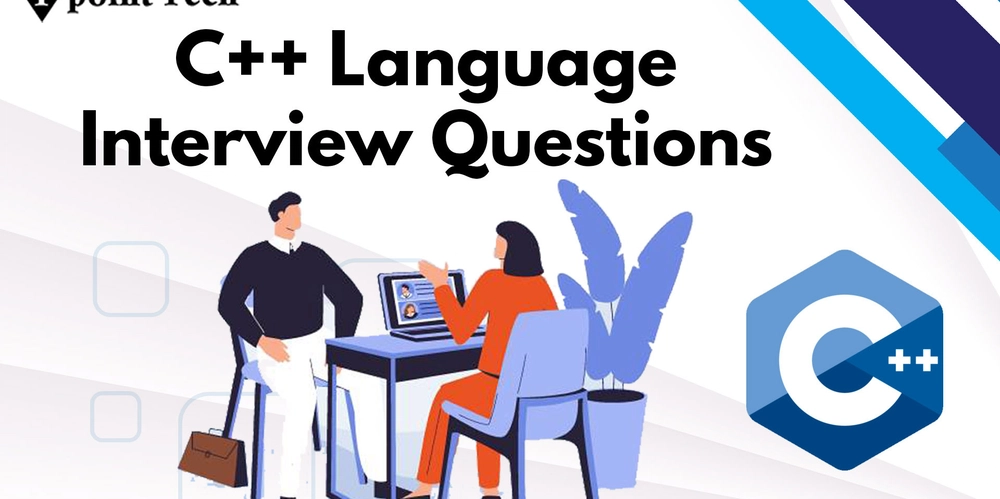
If you’re preparing for a technical interview that involves C++, you’re probably already aware that it’s not just about syntax or writing programs. Interviews for C++ roles often dive into deeper concepts—things like memory management, object-oriented principles, and the nuanced behavior of the language itself.
This blog explores the most important C++ language interview questions and breaks down the core concepts behind them, from pointers to polymorphism. Whether you’re a fresher trying to land your first developer job or an experienced programmer aiming for a more advanced role, this guide will help sharpen your understanding of key topics.
Why C++ Interview Questions Can Be Tricky
C++ is a language with both low-level and high-level features. It gives you close control over memory and performance, while also supporting object-oriented programming, abstraction, and templates. This makes it incredibly powerful—but also complex.
That complexity often translates into challenging interview questions. Interviewers want to see how well you understand the underlying mechanics of the language, not just whether you can write a loop or a function. As such, C++ language interview questions frequently focus on deep understanding rather than surface-level knowledge.
Let’s break down some of the major areas interviewers love to explore.
1. Pointers and Memory Management
One of the first topics that usually comes up is pointers. Understanding how pointers work is fundamental to mastering C++. You might be asked what a pointer is, how pointer arithmetic works, or how to manage memory manually.
More advanced questions might test your understanding of memory leaks, dangling pointers, and smart pointers. Since C++ allows manual memory control, it’s important to demonstrate that you can use it responsibly and efficiently.
Expect conceptual questions like:
- What happens if you delete a pointer twice?
- How can you avoid memory leaks in C++?
- What’s the difference between a pointer and a reference?
2. Object-Oriented Programming (OOP)
C++ is one of the most widely used object-oriented languages. That means your interviewer will likely focus on how well you understand the pillars of OOP—encapsulation, inheritance, abstraction, and polymorphism.
Expect questions like:
- What is the difference between static and dynamic polymorphism?
- How does inheritance affect the memory layout of objects?
- What are virtual functions, and why are they important?
These questions not only test your theory but also your practical understanding of how C++ implements object-oriented features differently from other languages.
3. Polymorphism and Virtual Functions
Polymorphism is a favorite topic in C++ interviews. This concept allows objects of different classes to be treated as objects of a common base class. Interviewers love diving into questions about virtual functions, pure virtual functions, and v-tables (the internal mechanism that supports polymorphism in C++).
You might be asked:
- How does C++ achieve runtime polymorphism?
- What happens when a class contains a pure virtual function?
- What is object slicing and how can you prevent it?
These questions require a firm grasp of both theoretical and practical aspects of class hierarchies in C++.
4. Constructors, Destructors, and Copy Semantics
C++ places a heavy emphasis on how objects are created, copied, and destroyed. This is why many C++ language interview questions revolve around constructors, destructors, and the Rule of Three (or the newer Rule of Five).
You should be ready to answer questions such as:
- What is the difference between shallow and deep copy?
- When is a copy constructor called?
- What happens if you don't define a destructor?
Understanding the lifecycle of an object in C++ is key to writing efficient and bug-free code.
5. Standard Template Library (STL)
Although STL questions may not go too deep into implementation during interviews, they often appear as part of broader discussions. The STL provides ready-to-use templates for common data structures like vectors, maps, sets, and queues.
Interviewers may ask:
- Why would you use a map over a vector?
- What are the trade-offs between using a set and a multiset?
- How do iterators work, and why are they useful?
While you won’t be asked to re-implement these containers, you will need to demonstrate that you know when and how to use them effectively.
6. Templates and Generic Programming
Templates allow you to write code that works with any data type. It’s one of C++’s most powerful features and a common topic in senior-level interviews.
Sample questions might include:
- What is template specialization?
- How does template instantiation work?
- What are the advantages and risks of using templates?
Understanding templates not only helps with writing reusable code but also shows that you're thinking in terms of type safety and efficiency.
Final Thoughts
Preparing for a C++ interview means going beyond the surface. You need to be comfortable with both the theoretical concepts and the practical nuances of the language. The most common C++ language interview questions cover a wide spectrum—from how memory is managed to how polymorphism is implemented at runtime.
Interviewers aren’t just looking for someone who can write code—they’re looking for someone who understands the code they write. They want to see how you think, how you debug, and how deeply you understand C++ as a language.
So, whether you’re brushing up on pointers or exploring advanced object-oriented techniques, remember that preparation is key. Focus on clarity, think through your answers, and approach each question as a chance to show how well you know the language from the inside out.
Good luck—and may your next interview be your best one yet.








































































































































































![[The AI Show Episode 142]: ChatGPT’s New Image Generator, Studio Ghibli Craze and Backlash, Gemini 2.5, OpenAI Academy, 4o Updates, Vibe Marketing & xAI Acquires X](https://www.marketingaiinstitute.com/hubfs/ep%20142%20cover.png)


















































































































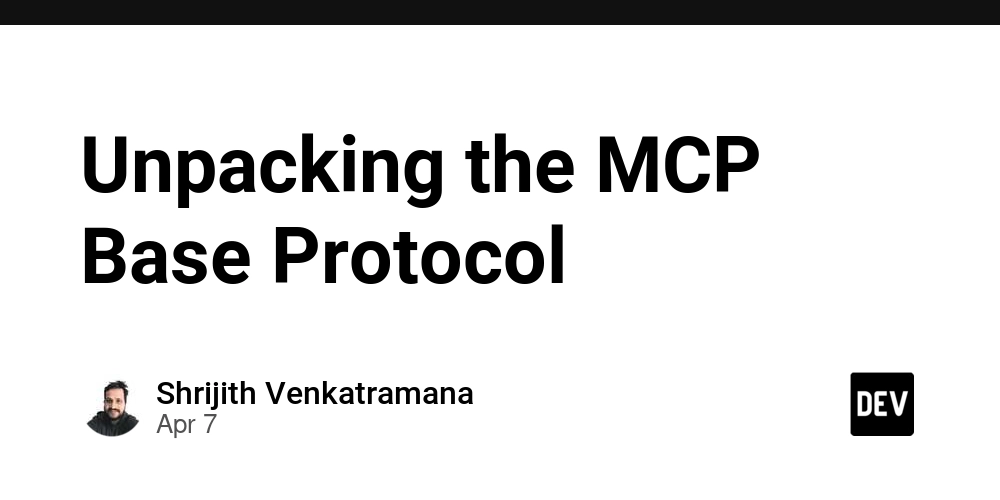












![From drop-out to software architect with Jason Lengstorf [Podcast #167]](https://cdn.hashnode.com/res/hashnode/image/upload/v1743796461357/f3d19cd7-e6f5-4d7c-8bfc-eb974bc8da68.png?#)











































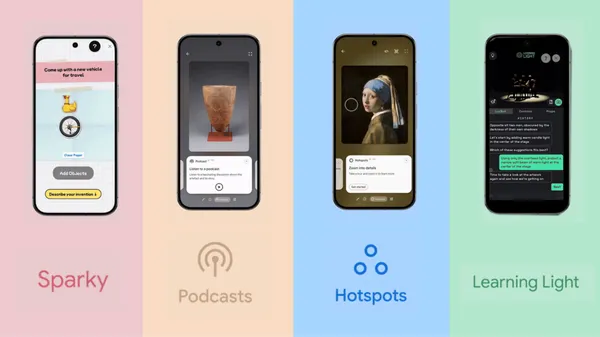

















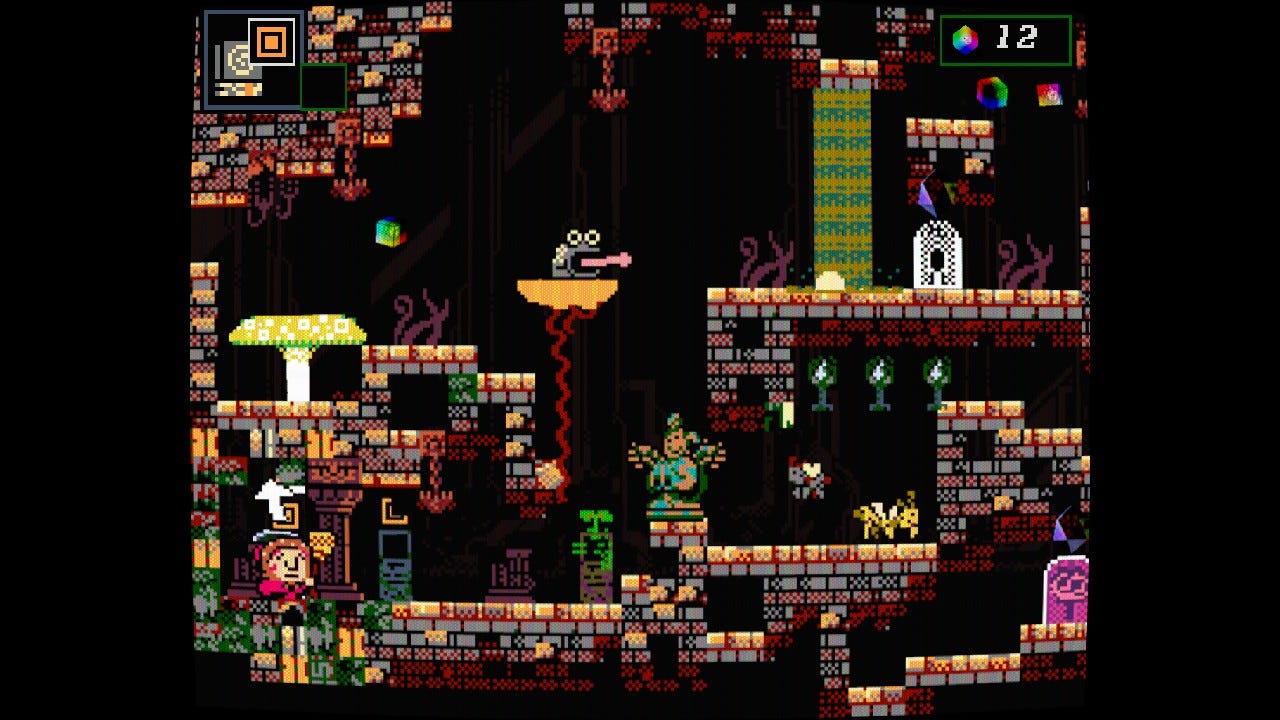
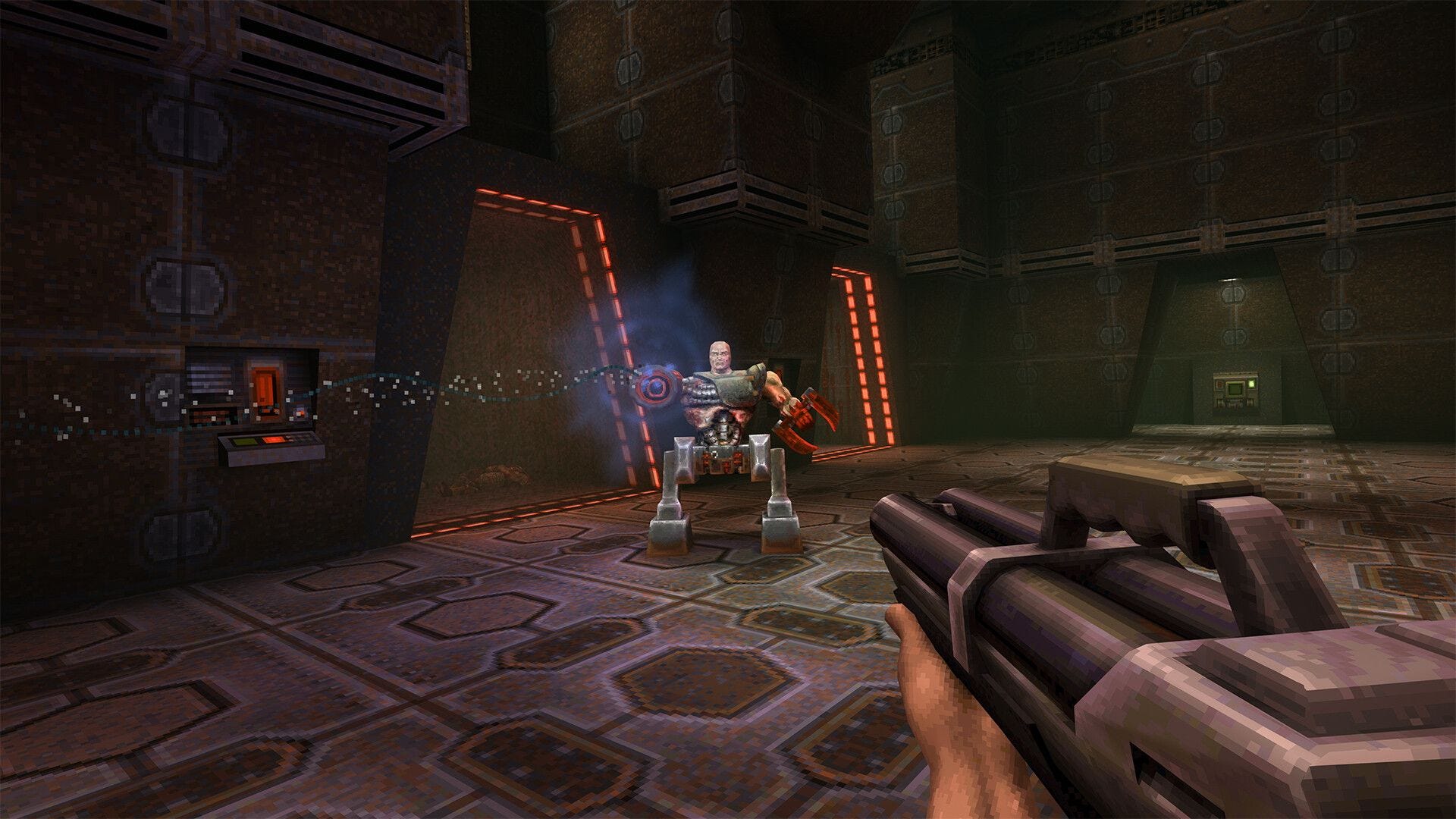



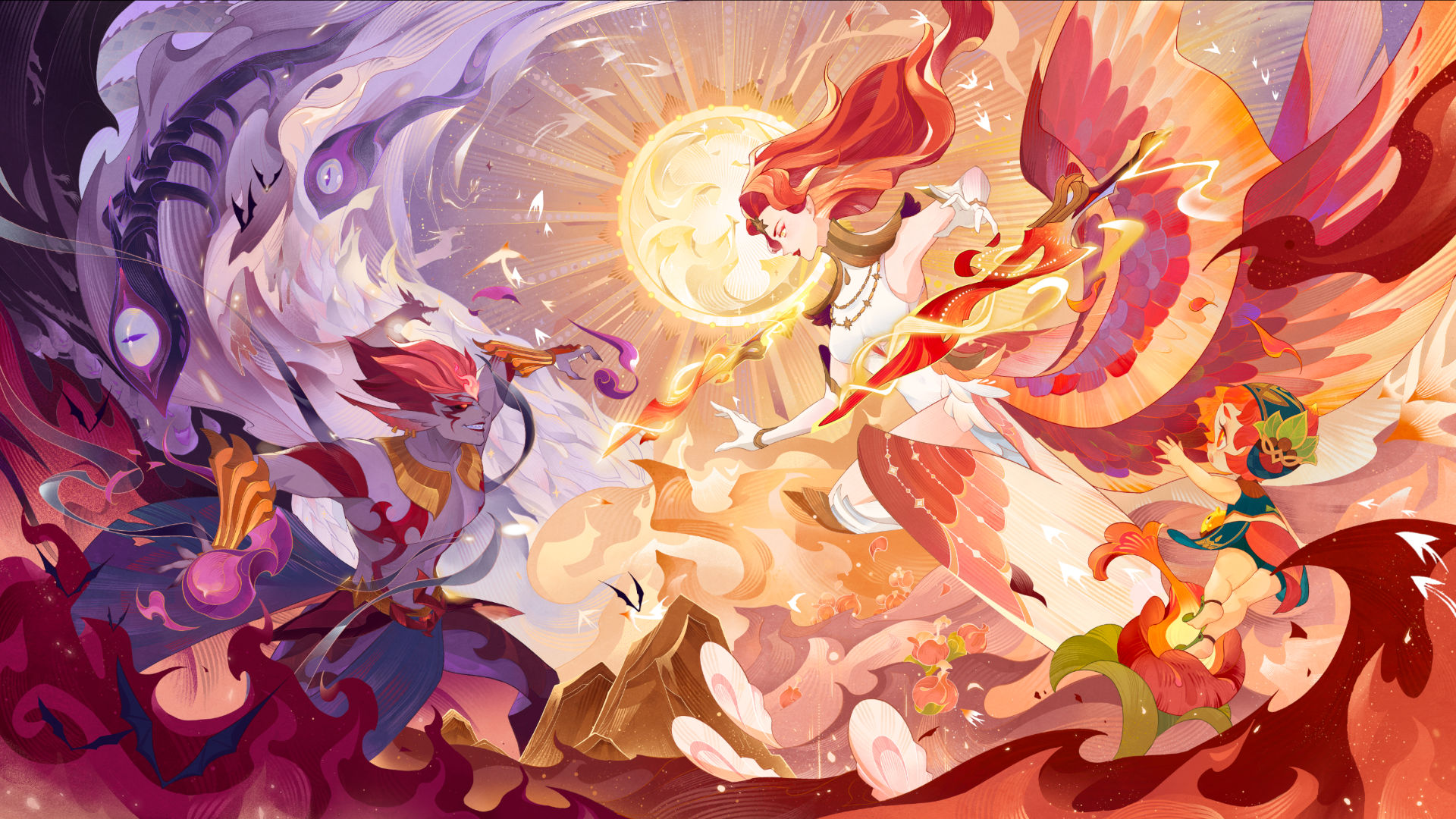


















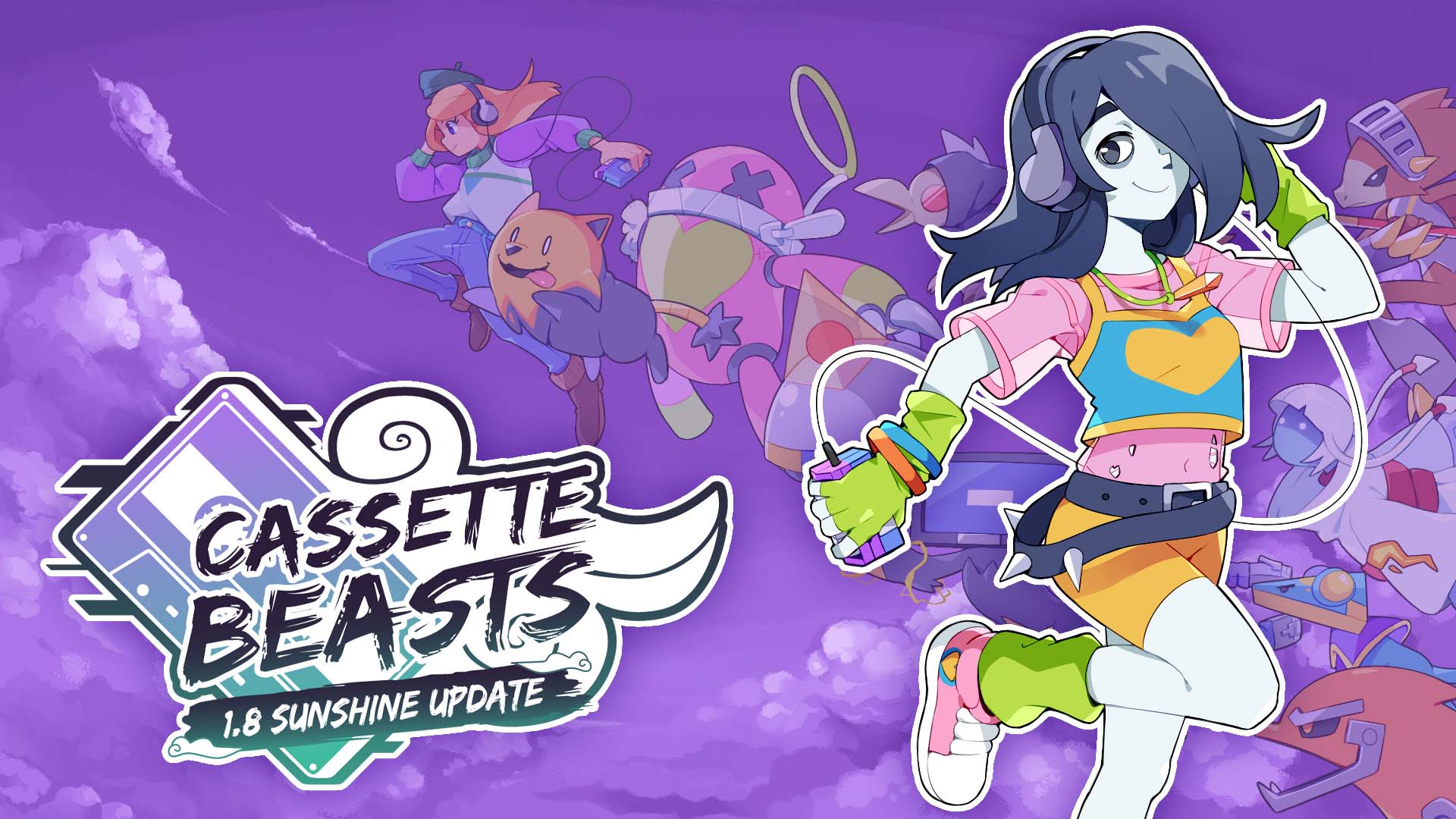







![Switch 2 Pre-Order Rules Are Some BS: Here's How They Work [Update]](https://i.kinja-img.com/image/upload/c_fill,h_675,pg_1,q_80,w_1200/485ec87fd3cea832387b2699e4cbd2a1.jpg)











.png?#)




(1).jpg?width=1920&height=1920&fit=bounds&quality=80&format=jpg&auto=webp#)
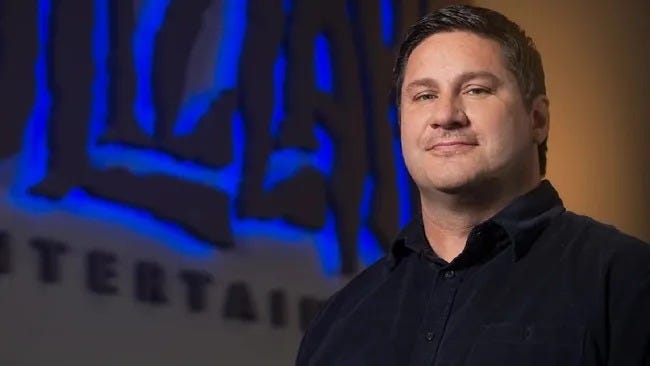



-Mario-Kart-World-Hands-On-Preview-Is-It-Good-00-08-36.jpg?width=1920&height=1920&fit=bounds&quality=80&format=jpg&auto=webp#)





















_NicoElNino_Alamy.png?#)
_Igor_Mojzes_Alamy.jpg?#)

.webp?#)
.webp?#)





































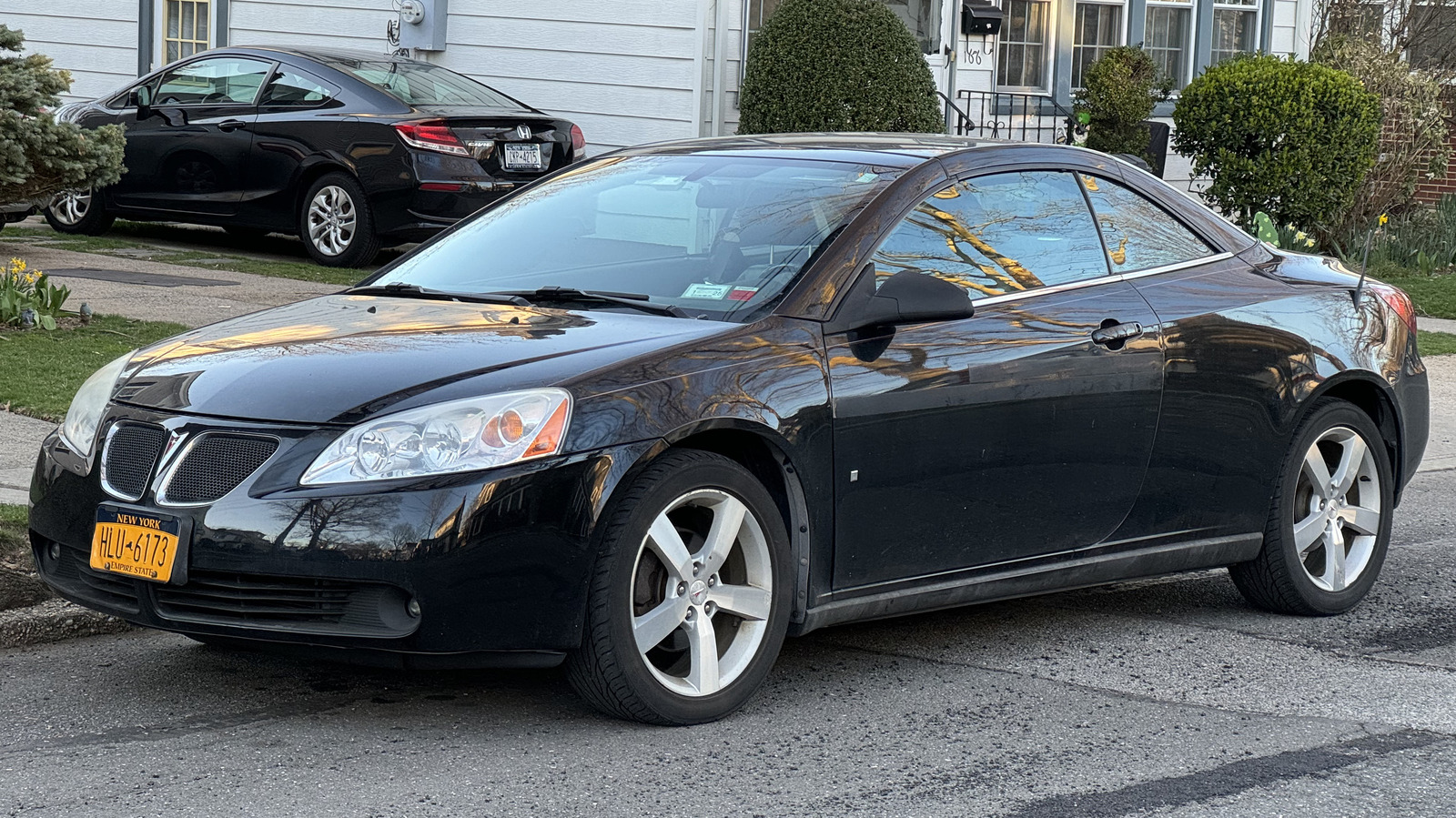













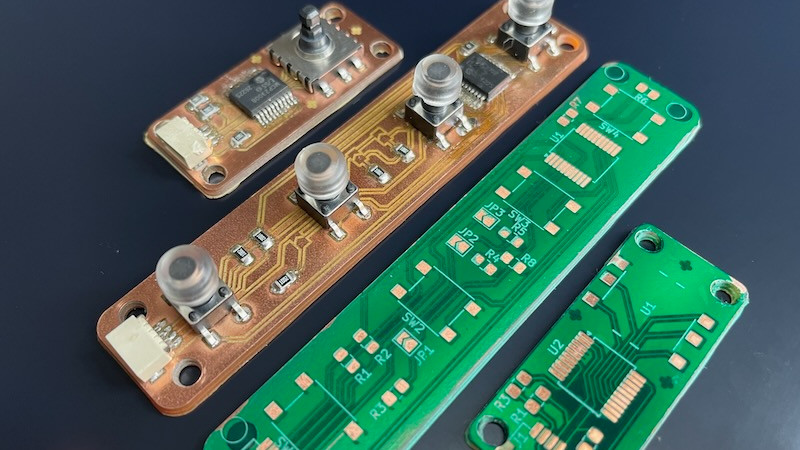
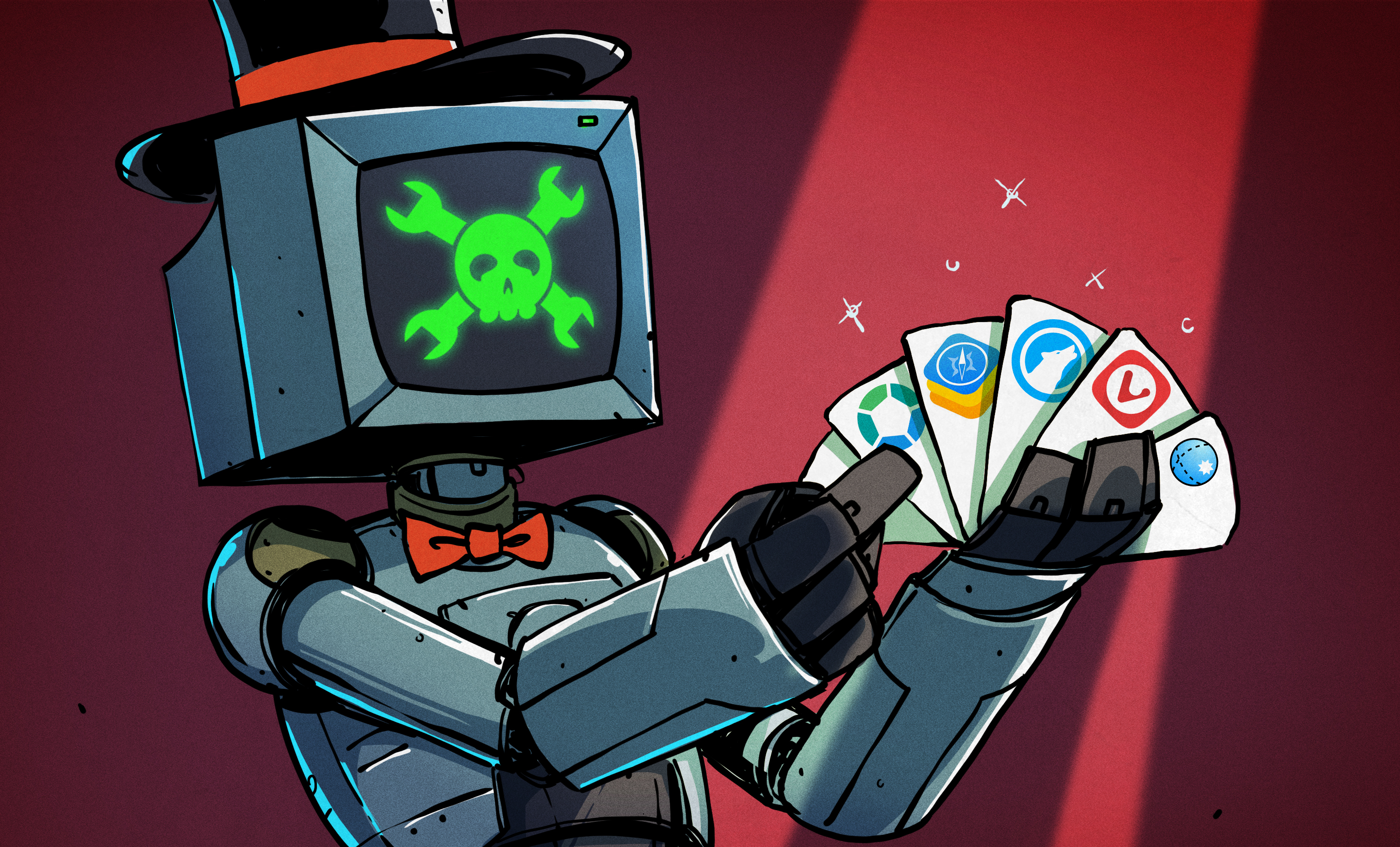
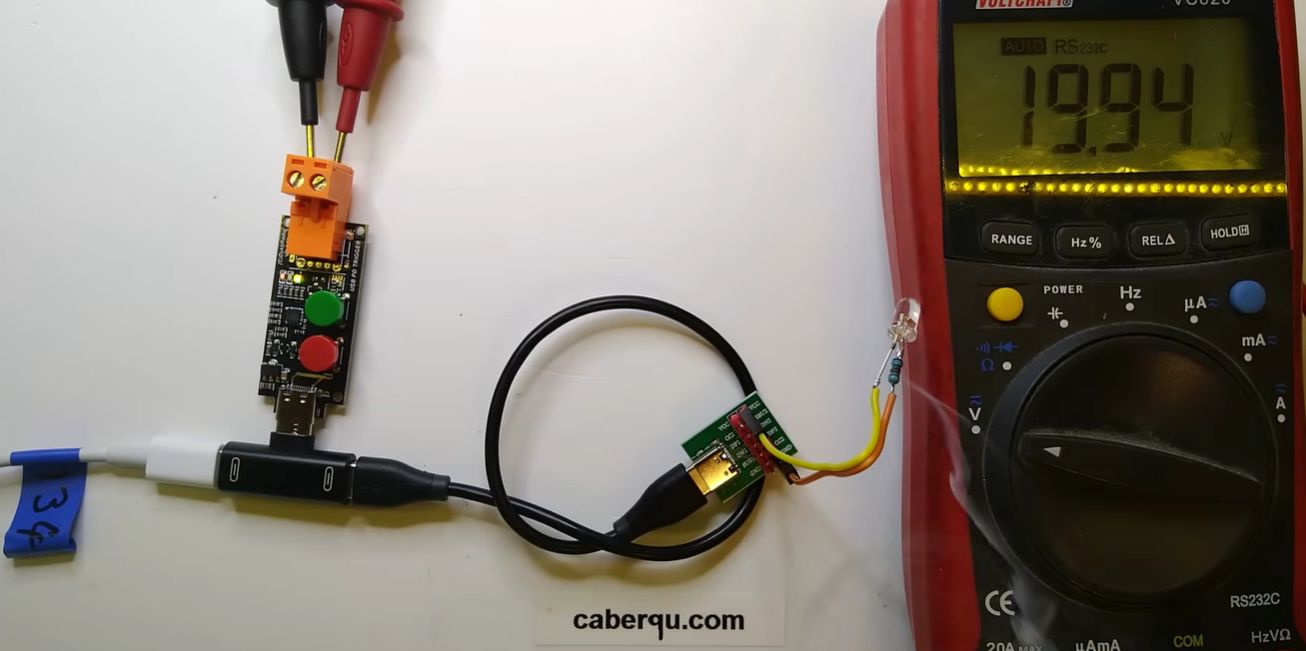
















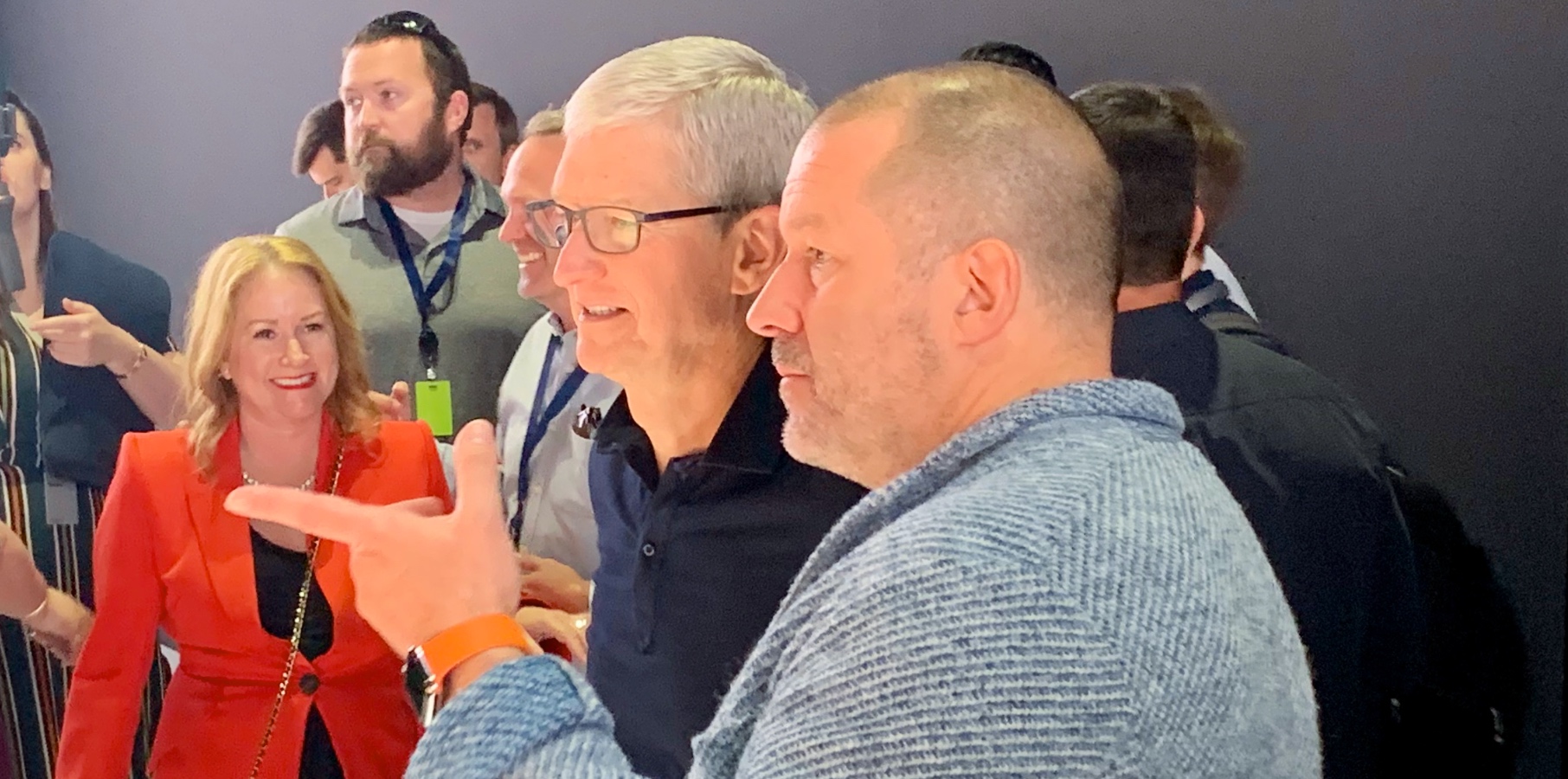


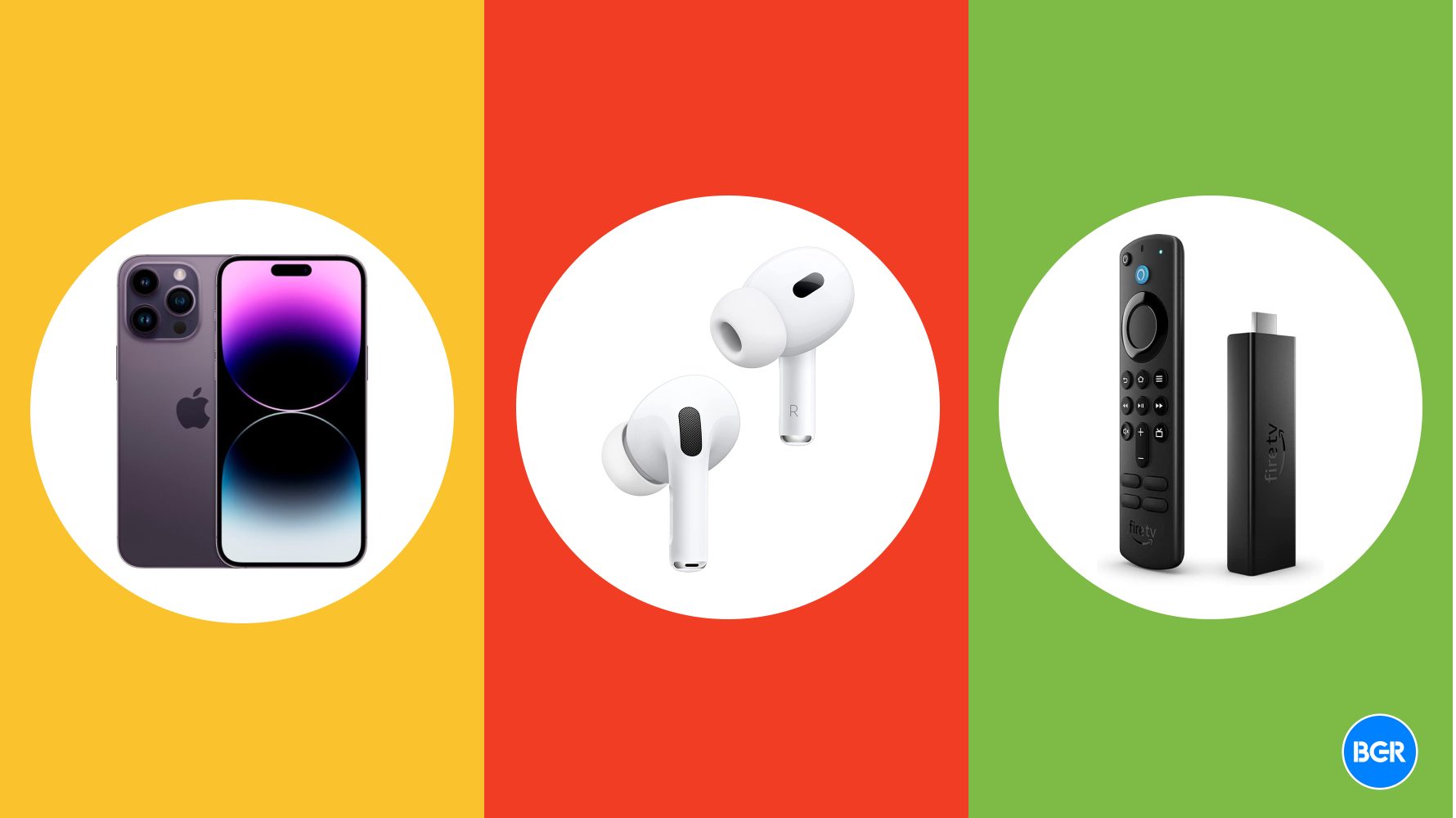
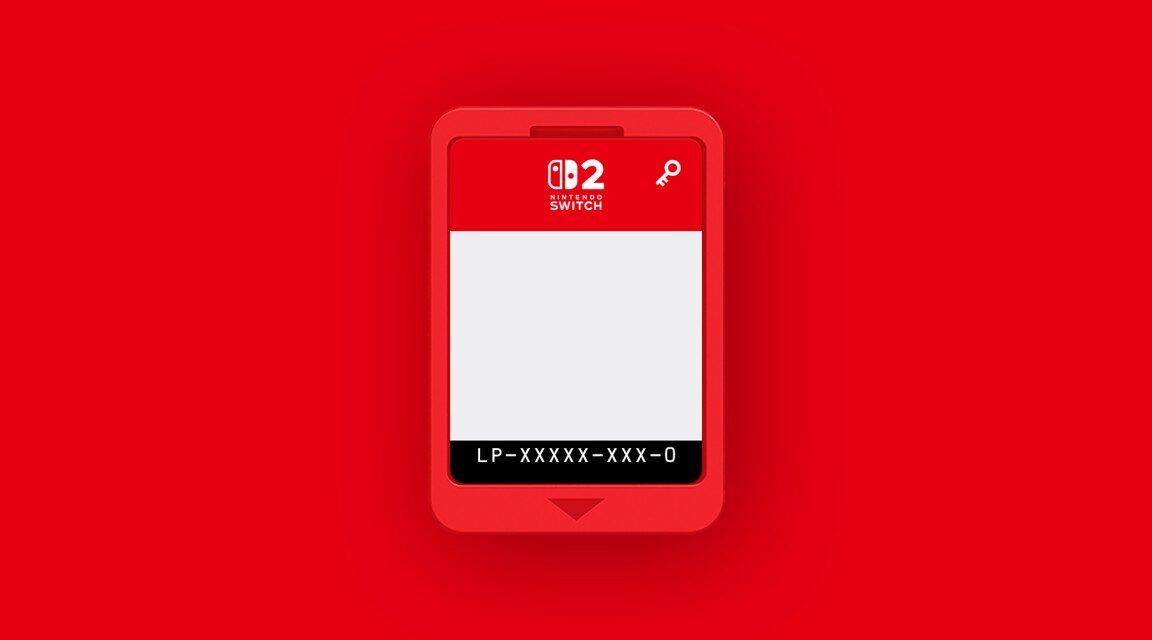


































![Blackmagic Design Unveils DaVinci Resolve 20 With Over 100 New Features and AI Tools [Video]](https://www.iclarified.com/images/news/96951/96951/96951-640.jpg)


![Apple Considers Delaying Smart Home Hub Until 2026 [Gurman]](https://www.iclarified.com/images/news/96946/96946/96946-640.jpg)



































































